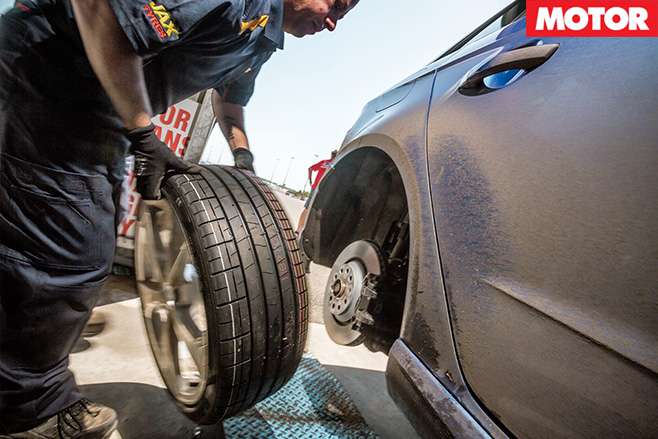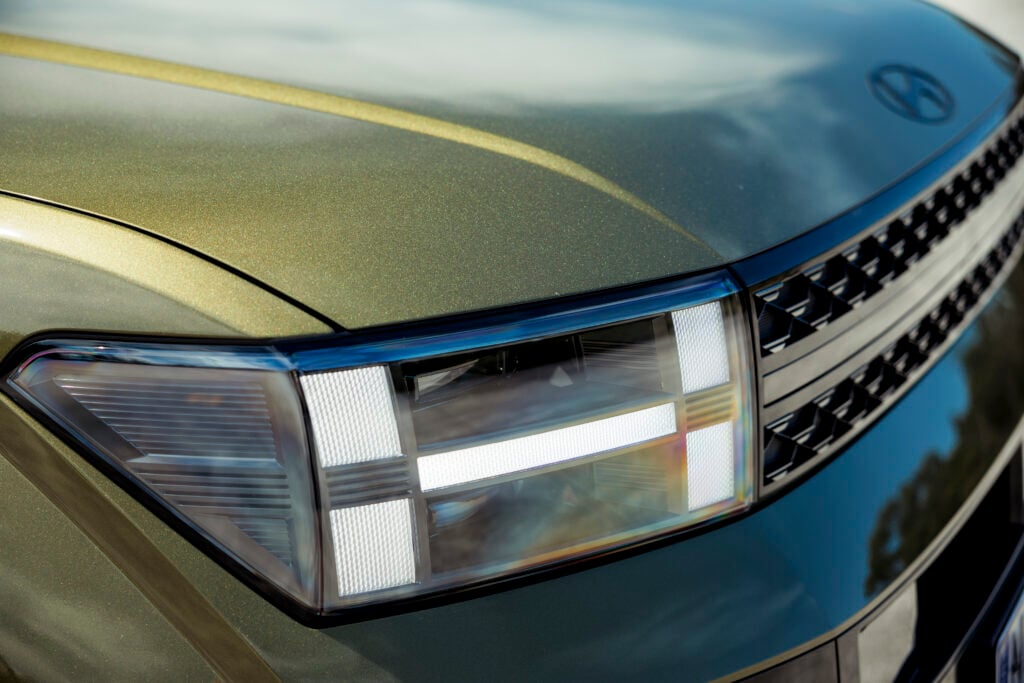I still vividly remember the moment I realised cars would be a big part of my life. I was in my early teens standing with my dad on a hillside somewhere in the north of Italy when something distant interrupted the serenity of a perfect summer evening – a noise unlike anything I’d heard before.
It was certainly an approaching car but the sound it produced while blasting up this winding ribbon of a road out of sight was something cavemen would have hidden from. It had the revs of a race engine but not the volume – a monster’s howl that was both frightening but also as silky and alluring as a Siren’s irresistible song. I was captivated.
As it rounded the corner and exploded into sight dad turned to me, both of us wide-eyed, and said one word – Ferrari. That was it – one unfiltered assault on my ears by the V8 Ferrari F355 reverberating from the Italian countryside, and I had been inoculated with octane and irrevocably sworn into the holy church of speed.

You probably have a similarly poignant memory; the moment that marked your transition from an avid interest in cars to lifelong healthy obsession, but statistics suggest we are a dying breed. About 60 per cent of 18 to 24 year-olds have a driver’s licence, while the proportion of those Australians that either own or are considering buying a car is even slimmer.It’s a complex situation being driven by better public transport, growing car-sharing services and urbanisation, but perhaps there is another more concerning cause – maybe cars just aren’t as interesting anymore? Take the F355 that lit my automotive inferno for example.
The current bearer of the mid-engined V8 mantle for arguably the world’s most evocative car brand is the F8 Tributo – a car that produces 150kW more power than the F355 and will get to 100km/h from standstill in 2.9 seconds – almost 2.0 seconds faster. It’ll also V-max at 340km/h, which is a whole school zone faster than my sweetheart Ferrari.

But as an impressionable young man, all of those figures were completely inconceivable and almost meaningless. After all, until I was old enough to jump behind the wheel and experience what zero-to-100 felt like in 10 seconds, how could I possibly imagine doing the milestone dash in a third of that?
Critically though, the F355 blew me away with the way it looked and sounded – two things a young person can easily put into context and, I’m sorry, two things the F8 doesn’t do half as well. Argue with me all you like on that point because examples are numerous. If provoked, I’ll draw a line to future cars that make hardly any sound at all and probably won’t even need the organic spacer between the seat and the steering wheel to go at all. Is it any wonder young people are taking the tram?

It’s a sobering thought and one that should trouble me more but it doesn’t thanks to people like Will – a young man not a lot younger than I was when I first heard a Ferrari. We recently got talking because I had been told he liked cars – boy, does he like cars.
Browsing the internet for inspiration, not only did Will know every machine by make model and, in most cases, variant, he knew something about each one, too. He also has an incredible skill for asking about every single car I haven’t driven…
But whether the chat was about a Rolls-Royce, Rimac, Range Rover or Renault, not once did either of us single out a car specifically because it was electric or petrol, and rarely was its performance mentioned. The love of cars is something broader and more inclusive than stuff you can jot on paper.
Yes the sensation of monumental acceleration and cornering speed is massively addictive, but the universal excitement of cars is the freedom and possibilities they bring.
It’s not up to previous generations of petrolheads to dictate the future of cars to the next – partly because they won’t even be called that. Voltnuts, Ampheads or current-junkies perhaps? No, we should be listening to what piques the passion of young drivers and car lovers and, if we do, what comes next will be every bit as glorious as a naturally aspirated V8 at 8500rpm.






